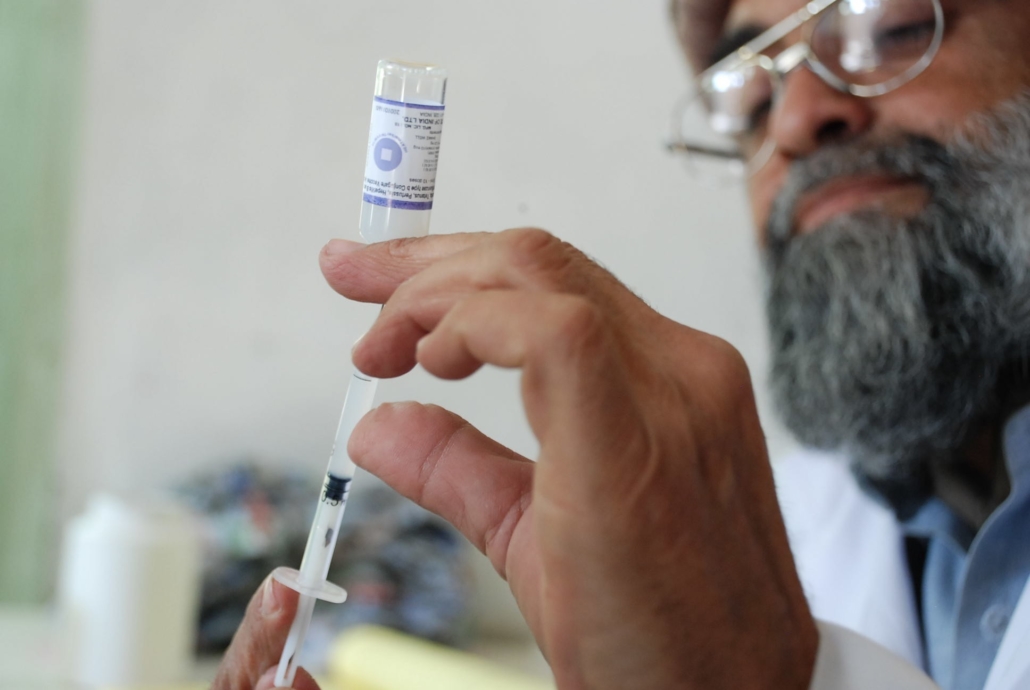COVID-19’s Impact on Chile

COVID-19’s impact on Chile has been particularly negative. The pandemic triggered a recession that caused significant increases in unemployment and poverty. Unemployment reached 14%, the highest rate since the 2008 global financial crisis. Additionally, poverty levels have risen from 9.8% to 15.5% since the start of the pandemic, according to the U.N. Economic Commission for Latin America and the Caribbean.
As a result, the pandemic has hit lower and middle-class Chileans the hardest. The World Bank estimates that the country’s middle class decreased by 2 million people in the opening months of the pandemic alone. Despite these grim numbers, though, there are governments, NGOs and individuals doing meaningful work that gives cause for optimism. Here are five sources of assistance that have reduced COVID-19’s impact on Chile.
5 Sources of COVID-19 Aid to Chile
- Grassroots Aid. The first type of aid begins at the individual level. Many local communities have taken it upon themselves to create volunteer soup kitchens, which have proliferated in at-risk areas across the country. Chileans call these kitchens “ollas comunes,” or “collective pots” that help to combat food insecurity in light of the recent economic downturn. Most of the kitchens started out small, but many now serve hundreds of meals every day of the week. For many Chileans with little or no income during the COVID-19 lockdowns, the kitchens stood as a stable source of food that likely saved many lives and slowed the spread of malnutrition in rural communities.
- Chile Solidario. Translating to “Solidarity Chile,” Chile Solidario is a federal program established in 2002 that focuses on cash transfers and social assistance for low-income households. This program helped create Chile’s welfare infrastructure, which the federal government used to provide direct assistance throughout the pandemic. The transfers offer truly impactful aid by concentrating funds on Chile’s most vulnerable households.
- U.S. Aid. By September 2021, the U.S. had provided approximately $1.8 million in COVID-19 assistance for Chile. This assistance went toward the purchase of two field hospitals, eight ventilators and miscellaneous personal protection equipment (PPE). The U.S. dedicated further funds to local organizations, most of which provide basic health and hygiene products, including hand sanitizer, plastic gowns and personal hygiene kits. Additionally, the U.S. Air Force Office of Scientific Research provided $500,000 to a team of Chilean scientists to research the spread of COVID-19 and study the evolution of new variants, which can help improve local responses to future outbreaks.
- Private Aid. Many U.S. companies have created their own private initiatives to provide assistance to Chileans. Most notably, the UnitedHealth Group donated $1 million to Desafío Levantemos Chile, a public foundation that has raised emergency funds for Chilean communities in need since 2010. The foundation has helped around 1.9 million people through more than 2,200 service projects across the country and has used this donation to purchase medical equipment for public hospitals and retirement homes. The Pfizer Foundation also donated $100,000 to the Chilean Red Cross to help those who the virus affects. Over the course of the pandemic, the Chilean Red Cross has donated 6,000 liters of disinfectant while leading multiple vaccination campaigns and delivering 37,500 PPE items to affected communities. Many U.S. brands stepped in to offer direct assistance to vulnerable populations. Walmart donated food directly to hungry Chileans, and other brands, including McDonald’s, Starbucks and Domino’s Pizza, have delivered free food to frontline health care workers.
- Nonprofit Aid. Two notable U.S. nonprofit organizations are doing meaningful work in the region. By September 2021, Project HOPE had sent more than $140,000 worth of medical supplies to Chile, which included blood pressure monitors, face shields, disposable gloves and KN95 masks. Another U.S. nonprofit called World Hope International made a similar donation of medical supplies, which they delivered directly to first responders in Chile. The U.S. Air Force helped transport both donations and has cooperated with the Chilean Air Force throughout the pandemic to facilitate the transfer of aid into the country.
Looking Ahead
COVID-19’s impact on Chile is certainly difficult for many Chileans, however, community service, foreign aid and nonprofit donations stand as major sources of hope throughout the pandemic. Due to these efforts, Chile is on its way to recovery. The OECD Economic Survey concluded that the national economy will resume gradual growth over the next two years with output reaching pre-pandemic levels by late 2022.
– Jack Leist
Photo: Flickr
